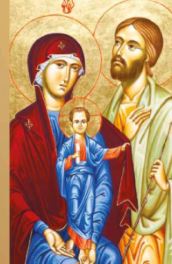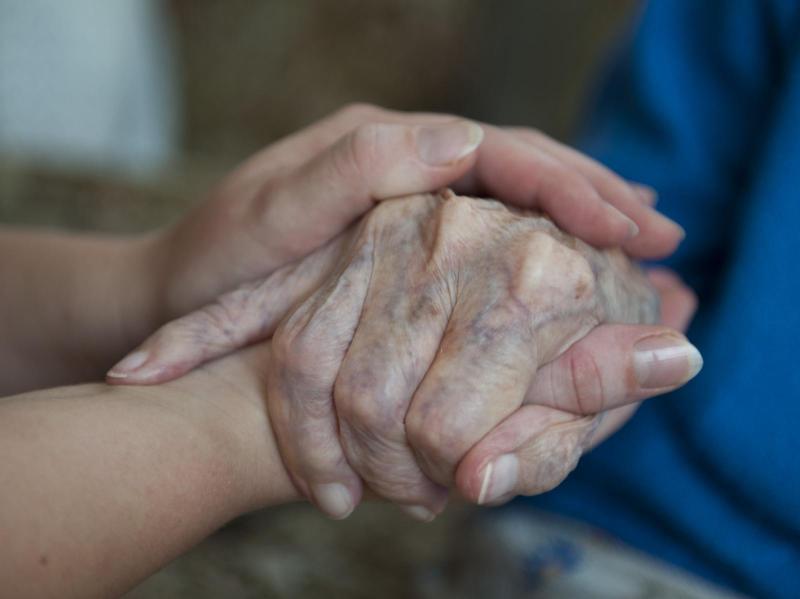By Deacon Roger Carr-Jones
Marriage & Family Life Coordinator
When I was in formation for the permanent diaconate, we had an exceptionally gifted lecturer for Moral Theology. Whenever praised for his insights he would merely respond rather pointedly “I just happen to have read the books and applied them to life, or more accurately the other way around”. This is a good reminder that, no matter how erudite or well-informed we might be on a particular subject, if there is no link to the reality of the lived experience then they are simply dry words on a page.
As we know from daily life it is often best to begin where we are rather than to set ourselves to fall by trying to live out a set of standards and ideals which are not internalised. In terms of marriage we soon discover that despite all the preparation and previous perceptions the reality itself might take us along routes that we never expected, or prepared for. So, it is from this insight that I would claim that my personal expertise in the field of Marriage and Family comes primarily from being a husband, parent and now grandparent.
Each aspect in different ways has involved challenges and stresses, joys and sadness, errors and wisdom as my wife and I have learnt how to grow together. If I take the trouble to look back I can see the ways in which we have fallen short of the ideal and later, through experience, made the ideals and Christian understanding of marriage and family real in our lives. Books and self-guides are useful, but primarily at the point when they chime with our changing understanding of what it means to be a spouse, parent and indeed grandparent.
The reading and the knowledge I might acquire through my role as the diocesan Marriage and Family Life Coordinator are simply tools to help along the way. We already have the example of the Holy Family as a guide. We can learn through their shared experience, which certainly encapsulates many of the challenges that couples and families experience today. Why not, this Holy Week, reflect on Jesus’ early life and how his mother would have felt at his Passion and death. Where would she draw strength, consolation and hope from?
At the present time we, like so many others, are having to re-explore the dynamics of our marriage and family life to adapt to the changing circumstances of the world around us. Our personal experience as nearly-but-never-quite-there ‘empty-nesters’ will differ in parts to that of either a young couple, a young family, or indeed those struggling to balance the needs of a growing family at this time. What we share in common is the need to communicate well and to feel understood, to draw on the deep well of faith and to see in our lived experience where God’s grace is already at work.
We do not live out our marriage and family life at an intellectual level. Instead, as the lecturer on Moral Theology intimated, we take our lived experience into the teaching and from this we gain new insights and the encouragement to move forward.
The impact of COVID19 should not be seen as being in limbo even if it might feel that way: this is an opportunity to go deeper in exploring the unique dynamic of our relationship and to grow in faith and trust in the God who loves us. As we move through Holy Week towards the resurrection why read the story of the two disciples on the road to Emmaus (Luke 24: 13-35)? When Jesus appeared, their eyes were kept from recognising Him. They were downhearted and introspective, which many of us may relate to at this moment. We, too, do not know where COVID19 will lead us but if we put our faith and trust in God our eyes will be opened to new insights.
From this passage, why not discuss how COVID 19 impacts on our relationships as a couple and within the family? To assist this process why not simply write down one good thing about your spouse and children each day: what do I need to be grateful for, what joy have they brought in the day and what has made me smile?




